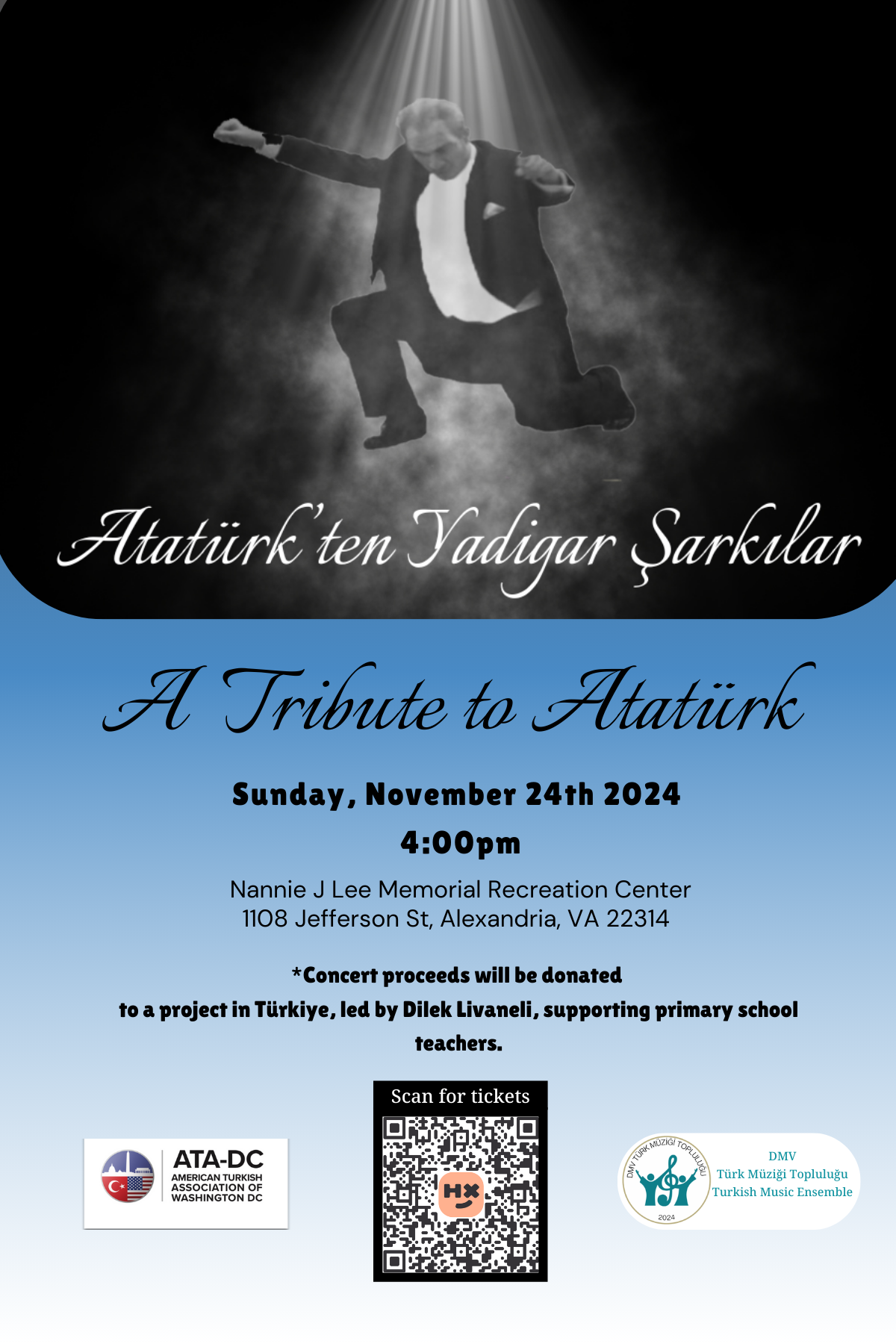

1881 was the year of hope. Those blue eyes would become a light in the darkness.
Mustafa grew up in the winds of Thessaloniki. As the seeds of love of county grew within him, the great leader of the future was taking his first steps.
His schooling began at the neighborhood primary school. This was followed by Şemsi Efendi School, the Salonika Military Preparatory School, the Monastir Military High School, and finally the Military Academy.
A shining star at school, his heart burning with love to his country, he would become the hope and future of a nation with his military genius.
Even as a young officer, Mustafa Kemal had deep thoughts about the future of his country. He was not only a soldier but also a man of ideas.
In the First World War, he declared 'ÇANAKKALE CANNOT BE PASSED' and made history by defeating the enemy fleet.
In 1919, he set foot in Samsun and declared "EITHER INDEPENDENCE OR DEATH!"
A flame of independence was ignited for the people, and resistance began in the occupied lands of Anatolia.
On April 23, 1920, our Atatürk once again declared from the podium of the Grand National Assembly: "SOVEREIGNTY BELONGS UNCONDITIONALLY TO THE NATION!"
The great resistance evolved into the War of Independence. The steadfast resistance at Çanakkale inspired the heroic stand at Sakarya. The earth and sky reverberated with the resounding command at Dumlupınar: "Armies, march towards the Mediterranean! Your goal is victory!".
Through the arduous journey of the War of Independence, the Great Offensive secured freedom, forging the destiny of the Turkish people. And on the evening of September 9, 1920, the mountains of İzmir were adorned with the bloom of liberation.
On October 29, 1923, the sun of the Republic rose over Anatolia.
Freed from the shadow of the monarchy, it was the most blessed day when the people set sail for their own destiny. Dreams once deemed unattainable were realized, and with each stride, Turkey grew into a more powerful and luminous nation.
With the alphabet reborn, knowledge dispelled the shadows of ignorance, as Mustafa Kemal proclaimed to the burgeoning corps of young educators: "The new generation shall be your creation.”
"All that we see in the world is the product of women's labor," proclaimed Atatürk. With the establishment of the Republic, women were emancipated, overcoming the era of neglect. They secured equal rights in every facet of life.
The Republic, planted like a seed, took firm root. The people, nurtured by this seed, grew into a mighty tree, their branches reaching for the sky and their roots delving deep into the earth. With a renewed sense of hope, love filled their hearts and lifted their spirits.
Through concerted effort, a nation established the principles of liberty, equality, and democracy. And the people declared with great enthusiasm, "Long live the Republic!"
On the cold morning of November 10, 1938, a mournful wind heralded the onset of grief. At 9:05 a.m., Atatürk closed his deep, sea-blue eyes to the world at Dolmabahçe Palace. Tears flowed like rivers from the hearts of the people as they bid their eternal farewell to him. The light he had kindled shone even brighter. And for 86 years, every November 10th, all of Turkey has been drenched, not by rain, but by sorrow.
Since that fateful day, Atatürk's profound words have been deeply ingrained in the hearts of the Turkish people: 'My mortal coil will inevitably return to the earth, yet the Republic of Turkey shall stand for eternity.
A Song from the Monastery
In 1920, Mustafa Kemal established his headquarters in the Steering Building of Ankara Train Station. From this two-story stone structure, he managed both the parliament and the War of Independence. With no one to attend to him except his orderly, Ali Çavuş, he became ill and frail due to neglect. Fikriye Hanım, a distant relative of the Pasha, secretly traveled from Istanbul to Ankara to be with the man she admired. She transformed the cold, two-story stone building into a warm and welcoming home. Soon, the sounds of a piano filled the Steering Building. With skilled fingers, Fikriye Hanım played her beloved Pasha's favorite song,
"Manastır’ın ortasında var bir havuz" (There is a pool in the middle of the Monastery).
There Are No Clouds in the Sky (The Yemen Song)
Yemen was one of the battlefields with numerous casualties in the early 20th century. The Yemen war inflicted deep, irreparable wounds in the hearts of the Anatolian people. Thousands of young men, barely 18 years old, were sent off to the battle, but they never returned. Yemen became synonymous with separation, longing, exile, and ultimately, death.
Halide Edip asked Mustafa Kemal, 'Your Excellency, have you ever loved?' Mustafa Kemal replied, 'Love? Have we had the time for it, running around in the mountains and valleys, living in tents and headquarters? But we're human too, with hearts that beat. Did you think that just because we're soldiers, we're incapable of love?'"
Whenever he heard this particular song, it would transport him back to his days at the military academy, to his first love. Back then, he had been smitten with the daughter of a neighborhood Pasha. He would dress impeccably and avoid children's games. This love, which he had kept to himself for a long time, eventually faded. The girl couldn't share his dreams.
Falih Rıfkı Atay, who remained a chronicler of Atatürk's personal history until the latter's death, witnessed many of Atatürk's most significant moments due to their close relationship. Atay described Atatürk's love for music as follows: ‘Atatürk had a soft, slow, sweet, and captivating voice. Especially when he sang Rumelian folk songs, his eyes would well up with a deep and incurable longing for his homeland. As if he never forgot his homeland, he would seem to inhale the scents of the fields of Rumelia and Macedonia that they had lost, and hear the sound of water trickling, his gaze drifting off into distant memories where we were not present.’
Nothing can make us forget you.
In a letter written to his family friend Madame Corinne in 1914, Mustafa Kemal expressed that he had embraced the idea of a republic eversince from his youth and would fight for it until his last breath: 'I have great ambitions, but these ambitions are not related to satisfying materialistic desires like occupying prestigious positions or acquiring great wealth. I seek to realize these ambitions in the success of a great idea that will greatly benefit my homeland. This has been the principle of my whole life.'
In another letter written in the same year, he concluded with a quote from the French writer and statesman François-René de Chateaubriand: 'I would rather have never been born or never be forgotten.'
